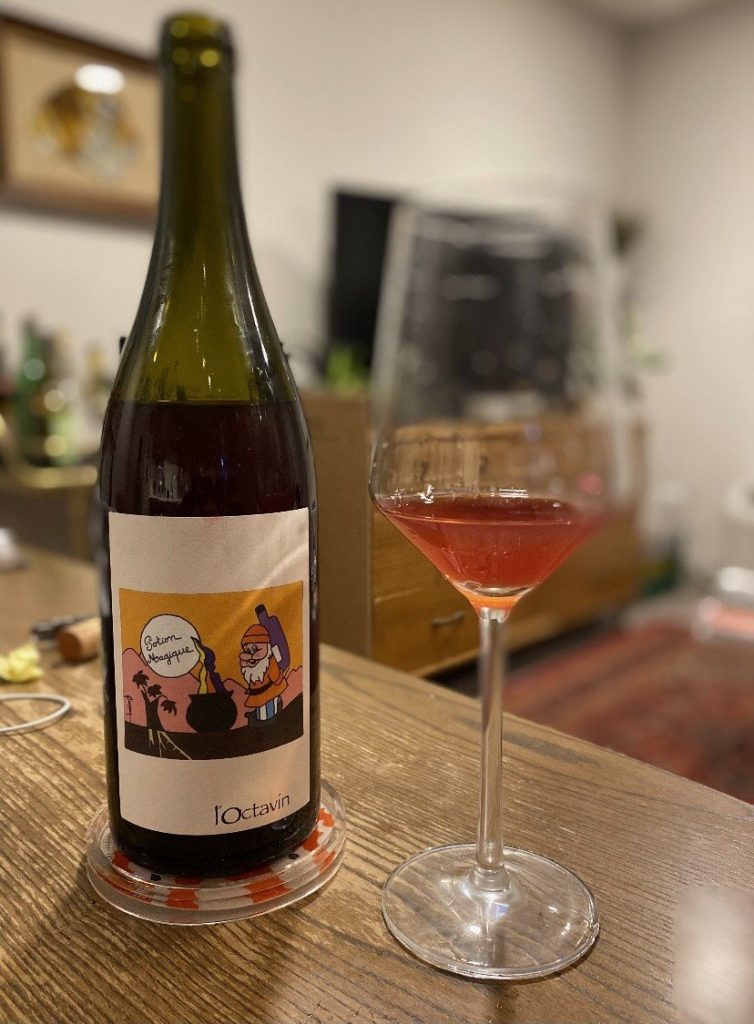So what is natural wine, really? Despite all the hype and novelty that’s swirling around about it, natural wine is not new. The very first wines ever made were natural. The term natural is not an official classification; there are no set rules or governing bodies that can certify if a wine is ‘natural’. There are, instead, a rough set of criteria that the majority of the wine world has more-or-less agreed upon as the guidelines that natural wine makers should follow. There is a lot of gray-area, and few agree entirely on what should be considered the defining factors. There are, however, a handful of practices that are generally accepted as qualifying:
- Organic, Biodynamic, Permaculture, etc. agriculture (certified or practicing).
-
- No use of chemical pesticide, herbicide
- Small production and hand harvesting (not industrial) and ethical labor practices.
- Native yeast fermentation (no lab-inoculated strains purchased from a catalog)
- Minimal intervention in vinification and cellaring.
-
- No color additives, acidification, flavor manipulation, extensive chemical stabilization, etc.
- Very minimal use of new oak to impart any flavor to the wine that would not develop otherwise.
- Minimal or no fining/filtering
- Minimal use of SO2 for stabilization
This list is by no means even close to exhaustive, and all these points warrant further examination and detail. A few of these points are hotly contested, but understanding the arguments provides a framework for discussing the way in which wines are made. Ultimately, natural wine is more of an idea, an ethos. Undoubtedly, when a winemaker tends to their vines, their grapes, and their wines with this level of scrutiny, the finished product is something intimate, holistic, and truthful.
So what does it taste like? Contrary to common misconception, natural wine is not a particular style or flavor. Many producers make classic styles that would please the palate of even the most unwavering purists. On the other end of the spectrum, wine-makers are experimenting with non-traditional fermentation techniques, short macerations, and co-ferments with non-grape fruit. Natural wines can be restrained and familiar, wild and unrelenting. They can be dark and brooding, fruity and lithe, or fresh and zesty, and anything combination in between.
What can be said about natural is that they often display an energy, a vibrancy, that can be lost in commercial production. Perhaps most important, they carry with them in their essence a sense of place, a sense of history. They are not manipulated to taste like or mimic something else. They taste of the rich red soil from which they grew, of the salty sea breeze enveloping coastal vineyards, or the crisp mountain air surrounded by snow-covered peaks. This is the magic of wine.
Understanding natural wine is important for us as consumers. By nature as a small production, artisanal product, it tends to carry a higher price tag than its industrially produced counterparts. It is a term that has been hijacked as a marketing ploy, spurring a wave of trendy ‘clean’ and ‘healthy’ brands. Natural by no means indicates quality. It also does not indicate moral accountability. Ultimately, we feel it is up to us as enthusiasts and purveyors to filter out the noise, look past the flashy labels and trending hype, and procure the highest quality wines that we can, that adhere to the truly important ethos and practices. This is our club and our promise.

